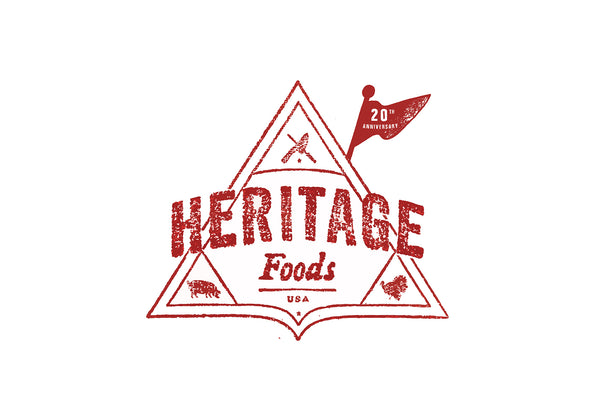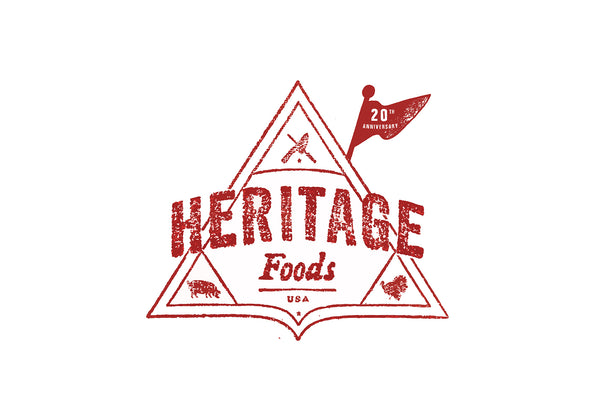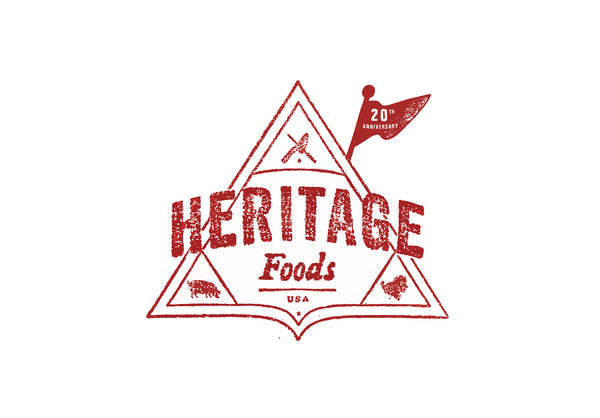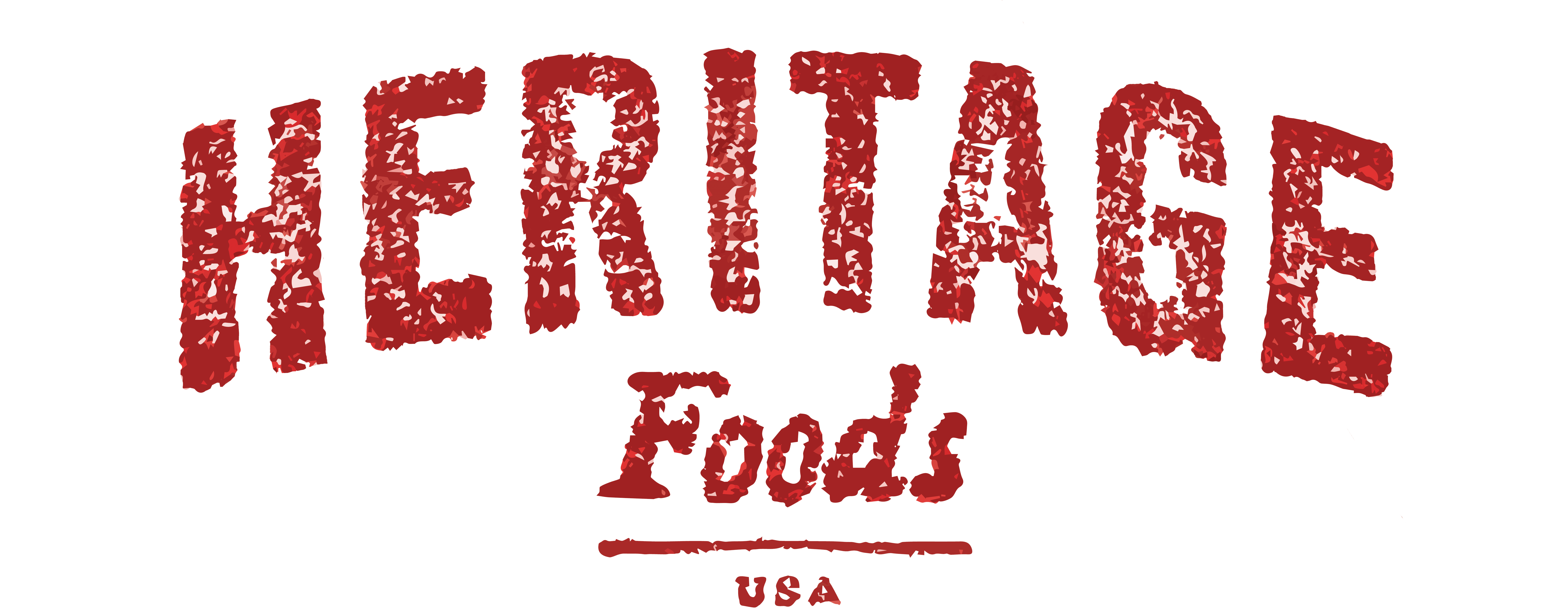
In 2014 the team at S. Wallace Edwards & Sons invited us to co-host a tasting of exquisite long aged prosciutto style hams. The kind of hams Parma, Italy has made famous, but these hams were not from Europe. They came from all over the US, from producers who have been practicing traditional curing techniques for many generations.

Participating in our 1/8 cattle share program challenges you to eat like a true chef. Cattle shares are the most direct way to support sustainable farmers and are a great way to access exceptional beef produced outside of commercial scale.

We are most at home with our boots on while visiting farms, but we’ll clean up our act when the occasion calls. This past weekend we shined our shoes and donned our best for one of the most exciting invitations we’ve received. We were off to visit the United Nations!

On the beautiful Swiss Valley Farm (SVF), in front of a room full of local Newport foodies, farmers and chefs Patrick Martins boldly declared, “Local is a measurement of distance, not taste.” Immediately the row of chefs in the back row nodded in agreement and the farmers sitting in the middle moved to the edge of their seats. Ever the instigator, Patrick went on to have a rousing conversation with the attendees about his book, The Carnivore’s Manifesto and the importance of preserving rare breeds of livestock.

We are always looking for new, unique and rare foods from farmer who’s practices celebrate the land and foods they produce. We came across an amazing dried apricot that was unlike any we had before. The skin was thin and delicate leaving the fruit juicy, sticky and tender. The Blenheim apricot, named after England’s Blenheim Place where it is thought to have originated, has been grown in the Santa Clara Valley region of California since the early 1900’s. At the height of its popularity it was one of the most widely planted apricot varieties for good reason. The Blenheim ripens from the inside out and later in the season, making it more delicate than most. The Blenheim is both sweet and tart with an intensely aromatic aroma of honeysuckle.

The development of modern sheep traces back to ancient Mesopotamia where the wild muflon, the ancestor of modern sheep, were first believed to be domesticated between 11000 and 9000 BC. These sheep were primarily raised for meat, milk, and skins. Woolly sheep began to be developed around 6000 BC in Iran, and cultures such as the Persians became dependent on sheep’s wool for trading. Domesticated woolly sheep were imported to Africa and Europe via ancient trading routes where breed distinction and differentiation began to take shape.

Christopher Nicolson, of Iliamna Fish Co., was raised in a fishing community just like generations of his family before him. Fishing knowledge and connection to the local Kenai Peninsula of Bristol Bay, Alaska is part of Christopher’s heritage and his way of life. Lucky for us, Christopher is a neighbor and good friend of Heritage.
© 2025, Heritage Foods Powered by Shopify
